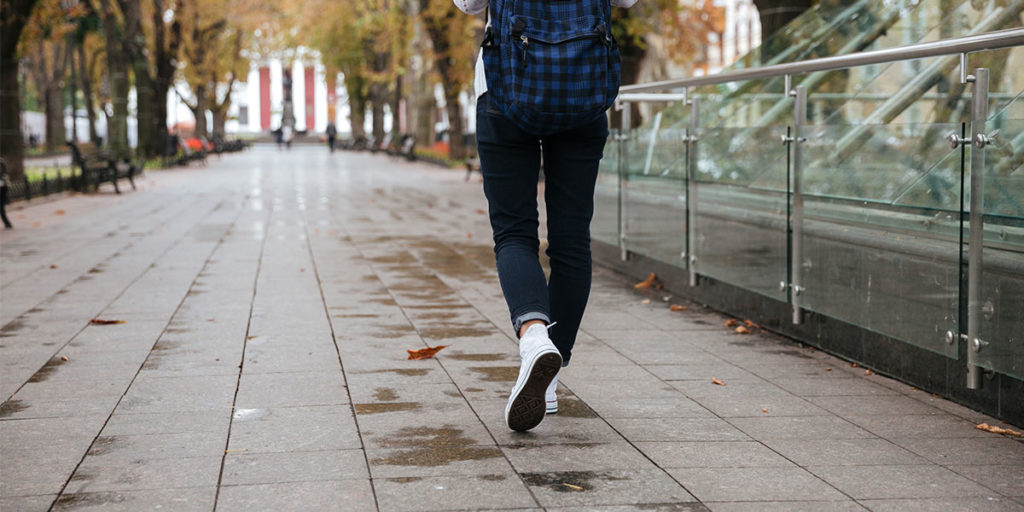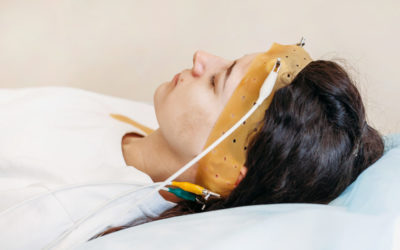Quick Hits
Daily brief research updates from the cognitive sciences

If you want to age better, then walk quicker, or those who walk quicker, age slower. That is the result of a recent study of 400,000 UK adults mapped to genetic markers of age by the University of Leicester.
What exactly did these researchers find?
They looked at the telomeres which you may have heard of. These are caps at the end of your chromosomes that protect the chromosome (which houses your DNA). They’re kind of like the caps on shoelaces which stop them fraying. Once these shorten or disappear your DNA is at danger of losing the ability to replicate.
Telomere length seems to be a pretty good indicator of biological age irrespective of how old you are.
And this is where the connection becomes interesting. It seems that fast, or brisk, walkers have longer telomeres, and this can lead to a whopping 16 years younger biological age by midlife. That’s a lot. This is also independent of how much other exercise you get.
The same researchers have also shown previously that as little as 10 minutes of brisk walking a day is associated with longer life expectancy and that brisk walkers can have up to 20 years greater life expectancy than slower walkers.
Though they haven’t been able to fully confirm that faster walking speed will lead to greater life expectancy (in contrast to those who naturally walk faster having a natural longer life expectancy) they do note after this study that it is likely.
So, get yourself walking, briskly. My advice for those in the office to have a 3-minute brisk walk every hour seems also to hold very, very true for this, and other reasons.

Andy Habermacher
Andy is author of leading brains Review, Neuroleadership, and multiple other books. He has been intensively involved in writing and research into neuroleadership and is considered one of Europe’s leading experts. He is also a well-known public speaker speaking on the brain and human behaviour.
Andy is also a masters athlete (middle distance running) and competes regularly at international competitions (and holds a few national records in his age category).
Reference
Paddy C. Dempsey, Crispin Musicha, Alex V. Rowlands, Melanie Davies, Kamlesh Khunti, Cameron Razieh, Iain Timmins, Francesco Zaccardi, Veryan Codd, Christopher P. Nelson, Tom Yates, Nilesh J. Samani.
Investigation of a UK biobank cohort reveals causal associations of self-reported walking pace with telomere length.
Communications Biology, 2022; 5 (1)
DOI: 10.1038/s42003-022-03323-x
More Quick Hits
Disagreements Improve Team Perception
We might assume that agreement would be high in high-performing teams – this study shows the opposite…
Brain Cells Adapt to Help You Stay Awake
Falling asleep is a funny thing – you don’t need to think about it when it happens but can cause many people who can’t incredibly frustration…
Dad Brain is Real
We know that mothers go through multiple physical and psychological changes after birth (and before) including change in brain structures but what about fresh fathers?
Mask-Wearing Makes You Better Behaved
This is a fascinating study that shows that wearing masks changes behaviour in subtle but important ways…
Coffee Can Help You Live Longer
Yes, that is good news for you (us) coffee drinkers. This supports plenty of more recent studies which have shown the health benefits of coffee…
Big Kids Die Earlier!
Before you panic – the conclusion in the title is based on research into mice not human beings – but there could potentially be some important insights for us human beings as well.






